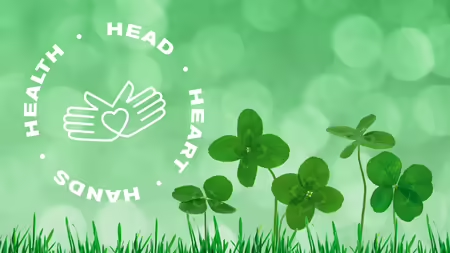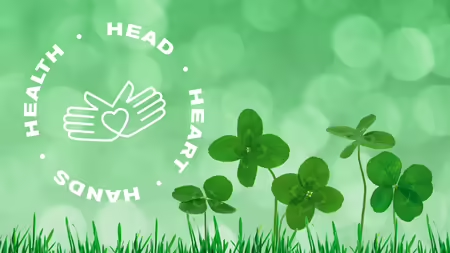
Event Date(s)
Location
7775B IL Route 47, Yorkville IL 60560
Event Fee
$15.00
County
Kendall
Saturday, Feb. 19 | 9-11:30 a.m. | Yorkville
Join us for a fun, hands-on experience to learn more about Indigenous People of Illinois and the Midwest. Designed for ages 5-8.
LEARN
- Which Midwestern states received their names from Indigenous Nations
- How dragonflies helped nomadic Indigenous Tribes find water sources
- How sunflowers were important to these nations
- What baskets were used for in everyday life
MAKE & TAKE
- Design a cornhusk dragonfly
- Create a sunflower bracelet
- Weave a basket
SNACK & STORY
- Popcorn Trail Mix
- "The Legend of How Bear Lost His Tail"
Registration required. Space is limited. Appropriate safety measures, such as face coverings, will be followed for in-person programs.
If you need a reasonable accommodation to participate, contact keisnaug@illinois.edu or call 630-553-5823. Early requests are strongly encouraged to allow sufficient time for meeting your access needs.
Questions? Contact Kim Eisnaugle | 4-H program coordinator | keisnaug@illinois.edu | 630-553-5823
We are on the lands of the Peoria, Kaskaskia, Piankashaw, Wea, Miami, Mascoutin, Odawa, Sauk, Mesquaki, Kickapoo, Potawatomi, Ojibwe, and Chickasaw Nations. These lands were the traditional territory of these Native Nations prior to their forced removal; these lands continue to carry the stories of these Nations and their struggles for survival and identity. As a land-grant institution, the University of Illinois has a particular responsibility to acknowledge the peoples of these lands, as well as the histories of dispossession that have allowed for the growth of this institution for the past 150 years. We are also obligated to reflect on and actively address these histories and the role that this university has played in shaping them. This acknowledgement and the centering of Native peoples is a start as we move forward for the next 150 years.
Keywords
Program Areas

